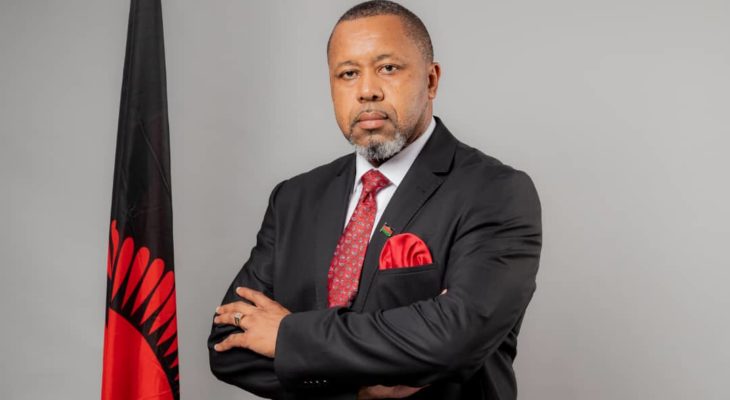Malawi is a nation in mourning. This June, the country has been struck by the tragic loss of several well-known and beloved figures, leaving communities in a state of grief and reflection. As the country grapples with these profound losses, the process of healing has begun, revealing the resilience and unity of the Malawian people.
The month started on a somber note with the passing of Dr. Grace Chiumia, a renowned medical doctor and humanitarian. Dr. Chiumia was celebrated for her contributions to the healthcare sector and her tireless work in providing medical services to the underprivileged. Her death has left a significant void in the medical community, and tributes have poured in from across the country, highlighting her legacy of compassion and service.
Just days later, the nation was stunned by the sudden death of popular musician John Banda, known for his soulful tunes and advocacy for social justice. Banda’s music resonated with many, particularly the youth, and his passing has prompted an outpouring of grief from fans and fellow musicians alike. Memorial concerts are being organized in his honor, serving as both a tribute and a collective catharsis for his admirers.
The sorrow continued with the loss of Chief M’mbelwa IV, a respected traditional leader in the Northern Region. His leadership and dedication to preserving Malawian culture and traditions earned him widespread respect. His death has been deeply felt in his community, where he was seen as a pillar of strength and wisdom. Traditional ceremonies and rituals are being conducted to honor his memory, reflecting the cultural richness and unity of the Malawian people.
In response to these consecutive losses, the government has declared a period of national mourning. Flags are flying at half-mast, and moments of silence are being observed in public institutions. President Lazarus Chakwera addressed the nation, expressing condolences to the bereaved families and urging Malawians to come together in support and solidarity.
Religious leaders have also played a crucial role in the healing process. Churches, mosques, and other places of worship have been holding special services and prayer meetings, offering comfort and hope to the grieving populace. Pastor Reuben Kamanga of the Lilongwe Baptist Church emphasized the importance of communal support, stating, “In times of sorrow, we must lean on each other and find strength in our unity.”
Mental health professionals have been actively providing support to those affected by the grief. Counseling services have been made available, and public awareness campaigns are highlighting the importance of mental well-being. Dr. Martha Nyirenda, a psychologist, noted, “Grief can be overwhelming, but seeking help and talking about our feelings is a crucial step towards healing.”
Community initiatives have also emerged as a source of solace. In various towns and villages, residents are organizing support groups, remembrance gatherings, and cultural events to honor the deceased and celebrate their contributions to society. These activities are fostering a sense of togetherness and resilience, reinforcing the bonds that hold Malawian communities together.
As the nation navigates through this difficult period, the spirit of solidarity and mutual support is evident. While the losses have been deeply felt, the collective response has shown the strength and resilience of the Malawian people. Through shared grief and communal healing, Malawi is finding a way to honor the memories of those who have passed and move forward with hope and unity.
4o



